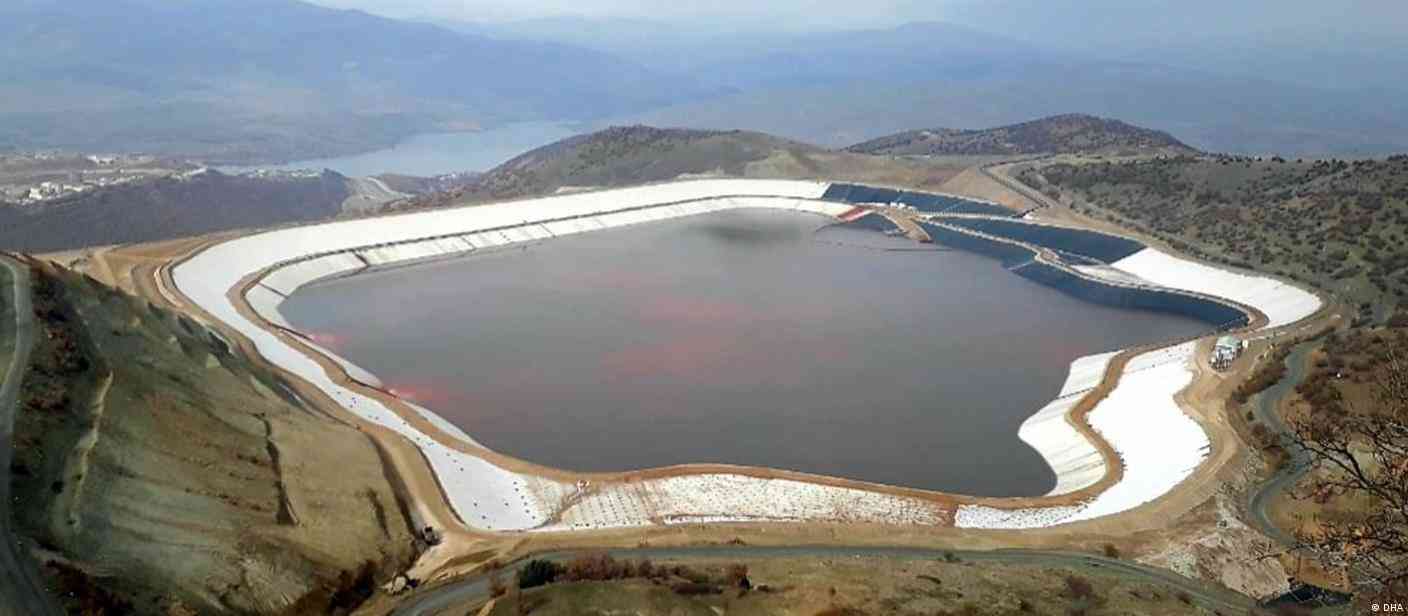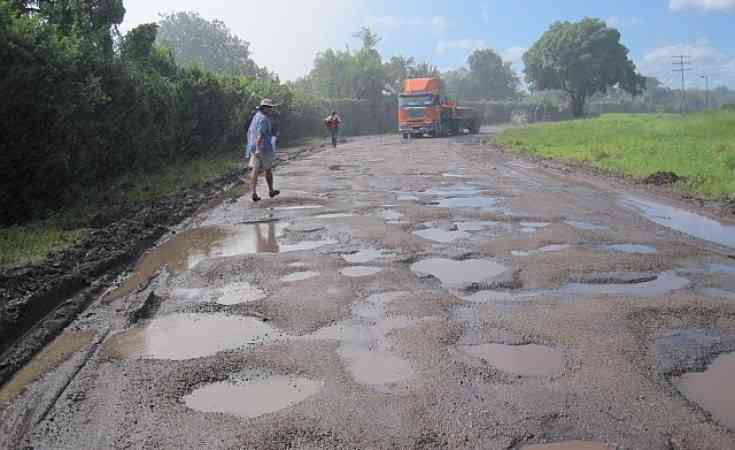
The unfolding disaster in Mashonaland Central where cyanide spilled into a major river following a breach at a gold mine has exposed the authorities failure to enforce standards in the mining industry, which endangers the lives of people and harms the environment.
According to reports, the cyanide spilled from Eureka gold mine into Dande River in Guruve last Sunday.
The Zimbabwe National Water Authority (Zinwa) was forced to suspended pumping of water from the river to supply areas such as Guruve after it became clear that the spillage was huge.
Cyanide is a rapidly acting and potentially deadly chemical that interferes with the body’s ability to use oxygen. Its salts are used to remove gold from its ore.
Cyanide poison is so potent it is used to exterminate pests and vermin in ships and buildings. Thousands of villagers rely on Dander River for water for consumption and for their livestock.
As a contingency measure, the District Civil Protection Division and Zinwa are now drilling boreholes to service the communities and awareness campaigns have been launched to sensitise people on the dangers of drinking the contaminated water.
The incident at Eureka mine raises a pertinent issue about the Ministry of Mines and Mining Development’s capacity to enforce standards in mining operations.
A 2019 report by the auditor general on the Management of Occupational Health and Safety in Mining Operations revealed that the ministry was “not adequately monitoring occupational health safety issues in mining operations, thereby contributing to increase in accidents and incidences of operational health and safety issues in mining operations.”
- Reprieve for granite operators
- Disgruntled chrome miners meet govt over poor prices
- Water shortages hit Gutu-Mpandawana
- Power cuts hit Karoi water supplies
Keep Reading
“Apart from increase in accidents or incidences, government was also losing revenue as a result of inadequate monitoring of occupational health safety issues in mining operations,” the report added.
“Revenue was being lost from inspection fees, licensing of explosives and penalties for non -compliance with occupational health regulations.
“The Ministry of Mines and Mining Development did not have a database of mining claims in the country.
“The absence of a database of mining claims impacts negatively on inspection schedules and plans.
“The existence of the database would help the Ministry of Mines and Mining Development to come up with plans to monitor compliance to occupational health safety regulations by mining operators.”
This also explains the frequency of fatal accidents, especially at small scale mines. The Eureka Mine incident must serve as a wake up call to the authorities to strengthen the ministry’s monitoring systems.











